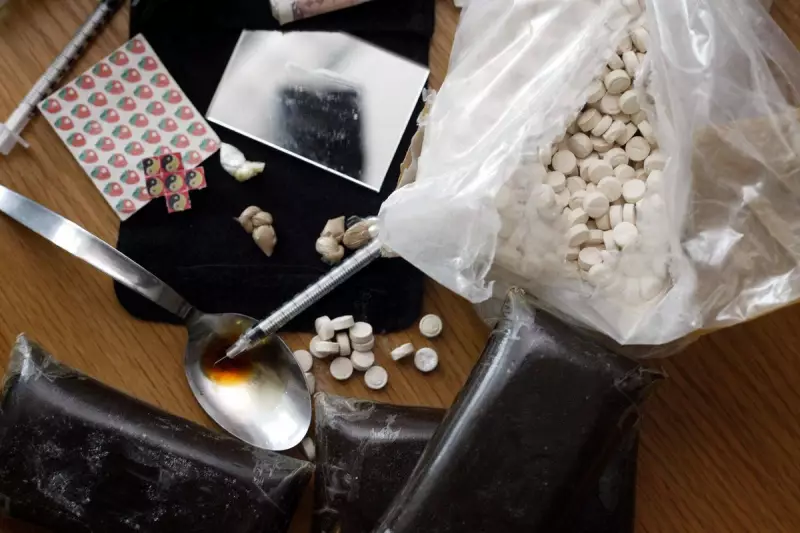
Britain is confronting a devastating new drug crisis as deadly synthetic opioids called nitazenes are being linked to a sharp increase in fatalities across England and Wales. These potent substances, often mixed with other drugs without users' knowledge, are creating a public health emergency that's claiming lives at an alarming rate.
The Hidden Killer in Britain's Drug Supply
New figures obtained by the PA news agency reveal that nitazenes have been detected in at least 101 deaths since the summer of 2023. The true number is likely significantly higher, as many cases go unreported or untested for these emerging substances.
Professor Sir Michael McBride, Northern Ireland's chief medical officer, described the situation as "very worrying" and warned that these synthetic opioids are "many, many times more potent than heroin and fentanyl."
Geographical Spread of the Crisis
The impact of these dangerous substances is being felt nationwide:
- West Midlands: 30 confirmed deaths linked to nitazenes
- London: 21 fatalities recorded
- Eastern England: 15 lives lost
- Southwest England: 12 deaths confirmed
Experts warn that these figures represent just the tip of the iceberg, with many regions still not routinely testing for these synthetic opioids during post-mortem examinations.
How Nitazenes Are Reaching Users
These dangerous substances are typically manufactured in illegal laboratories abroad, primarily in China, before being trafficked into the UK. Once here, they're often mixed with heroin, benzodiazepines, or even pressed into counterfeit prescription pills.
Dr. Mark Pucci, a consultant in emergency medicine and clinical toxicology, explained the grave danger: "Users are completely unaware they're taking these substances. The margin between a recreational dose and a fatal overdose is terrifyingly small."
Government and Health Service Response
Public Health England has issued urgent warnings to drug services and emergency departments across the country. The government has also moved to classify several nitazene variants as Class A drugs, carrying the most severe penalties for possession and distribution.
However, critics argue that more needs to be done, including:
- Expanding drug checking services nationwide
- Increasing access to naloxone, the opioid overdose reversal drug
- Improving testing capabilities in coroners' offices
- Enhancing public awareness campaigns
The crisis represents one of the most significant challenges to Britain's drug policy in decades, with health professionals and law enforcement racing to contain the damage before more lives are lost to these potent synthetic opioids.





